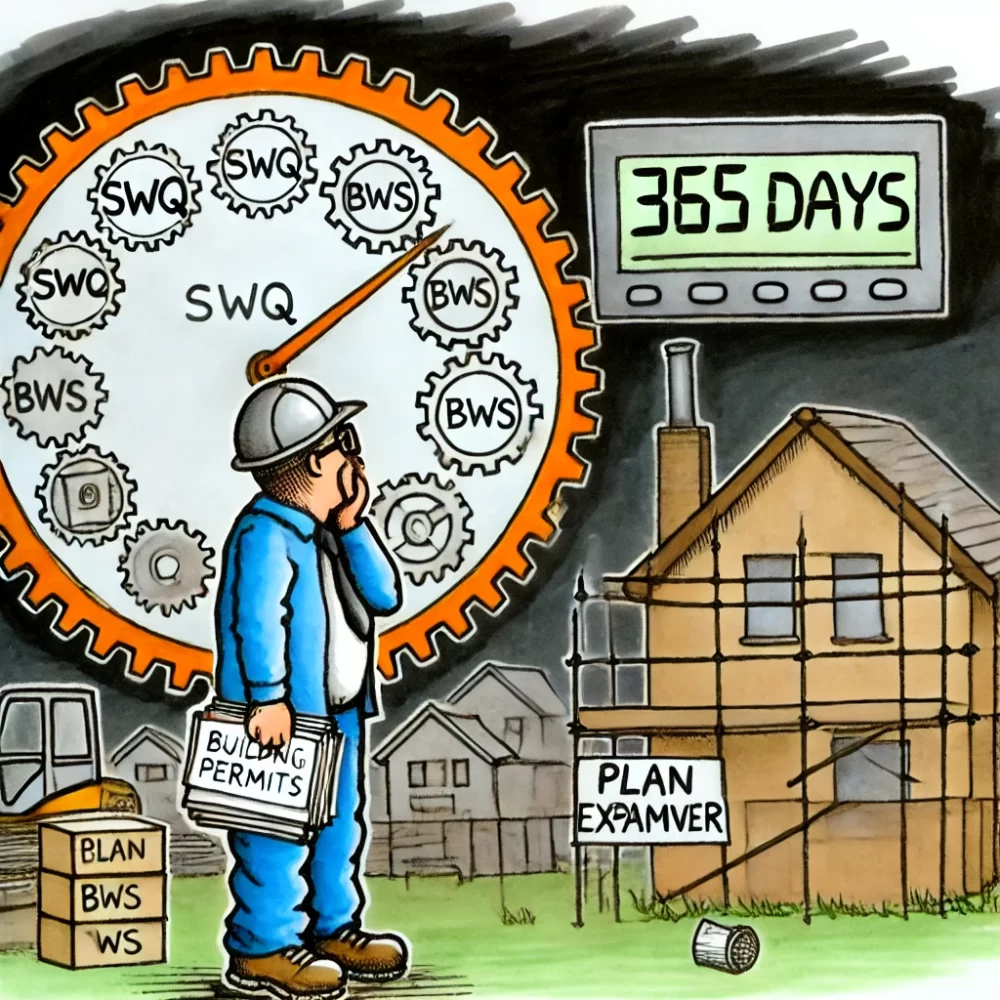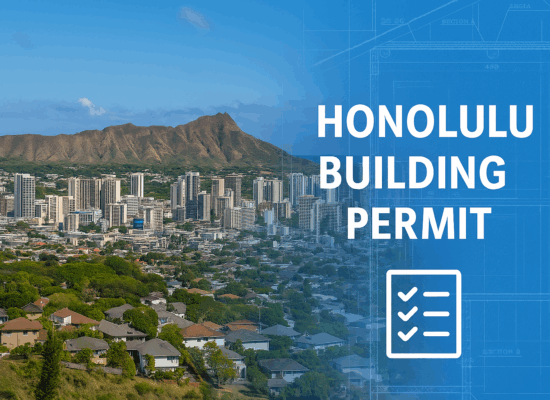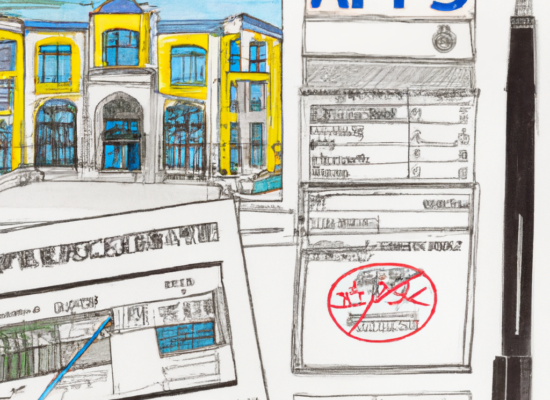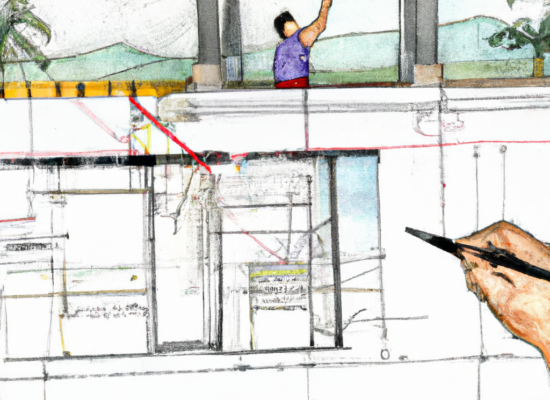In Honolulu, navigating the process of obtaining building permits, especially amidst Honolulu building permit delays, can be an arduous journey filled with delays and uncertainties. Homeowners invest significant time, money, and effort into their projects, only to face potential cancellation of their applications due to a one-year limit set by the Department of Planning and Permitting. This policy, intended to keep projects moving forward, often ends up unfairly penalizing applicants.
Take, for instance, the case of an application submitted in 2023, a residential project in East Honolulu. Over the course of its review, the project spent a total of 293 days under DPP review cycles. Notably, a significant portion of this time—54 days—was consumed by the Storm Water Quality (SWQ) review alone, where it remains still. Despite efforts and requests for tasks to move forward, bureaucratic delays within the DPP system persisted.
In a recent email exchange, we were notified that our application was nearing the 365-day mark, triggering a potential denial unless extensive justification for its continuation is provided. This notification arrived while the project was actively under review with DPP, highlighting the disconnect between DPP’s internal processes and the reality of project timelines.
The heart of the issue lies in accountability and transparency. Homeowners and professionals alike face significant challenges navigating through the DPP’s review cycles, often with little control over external factors that delay progress. The DPP’s cumulative review times, totaling 293 days for this project alone, illustrate the prolonged bureaucracy that applicants must endure amidst Honolulu building permit delays.
Moreover, while the reliance on ePlans can sometimes exacerbate these issues, it has significantly improved our ability to track applications and prevent project losses, which was not possible before its implementation. However, systems intended to streamline processes, including ePlans, can still become bottlenecks themselves, and often result in stalling project approvals. For instance, BWS (Board of Water Supply) frequently cannot accept payments because DPP has not assigned them the necessary tasks in ePlans to do so. Despite these challenges, essential tasks such as agency reviews and coordination remain crucial for progress, even though delays beyond the applicant’s control are common.
This situation is not just about administrative inefficiency; it’s about the tangible impact on homeowners and the community. Projects that could enhance neighborhoods and improve living conditions are delayed or canceled, causing financial losses and discouraging future investments in our city’s infrastructure.
It’s imperative for Honolulu’s City Council to reevaluate current policies and consider practical reforms. Automatic issuance of permits after a reasonable review period, improved coordination between agencies, and enhanced accountability within the DPP could mitigate these delays. Homeowners should not bear the brunt of delays caused by bureaucratic inefficiencies.
As stakeholders in Honolulu’s future, we urge policymakers to address these concerns promptly. Let’s work together to ensure that our city’s development process supports rather than hinders progress.
Conclusion:
Navigating Honolulu’s permit process shouldn’t feel like an endless waiting game. By advocating for change, we can create a system that fosters growth, supports homeowners, and builds a stronger community. Join us in calling for reforms that promote fairness and efficiency in building permit approvals.




